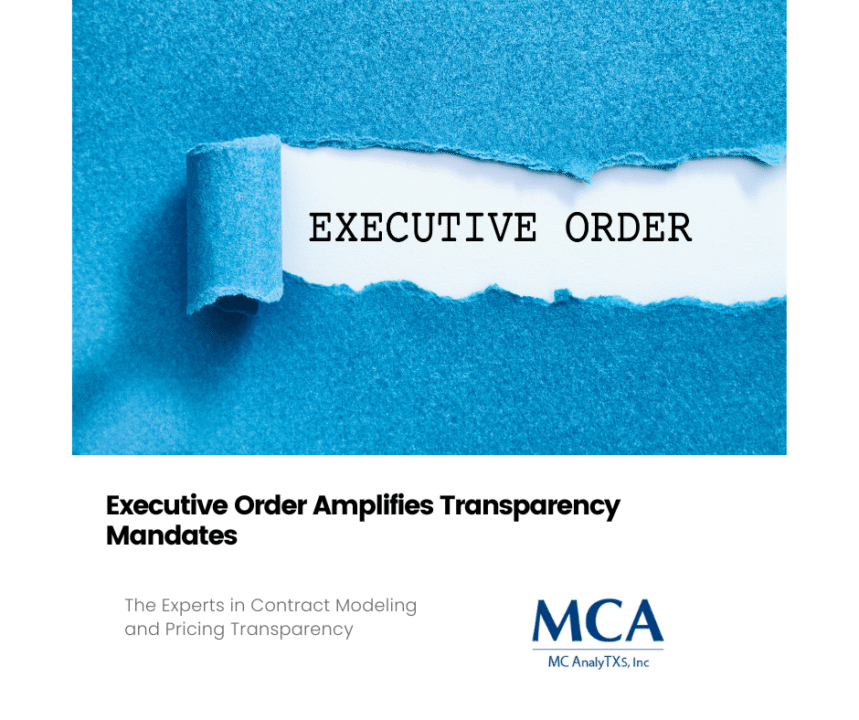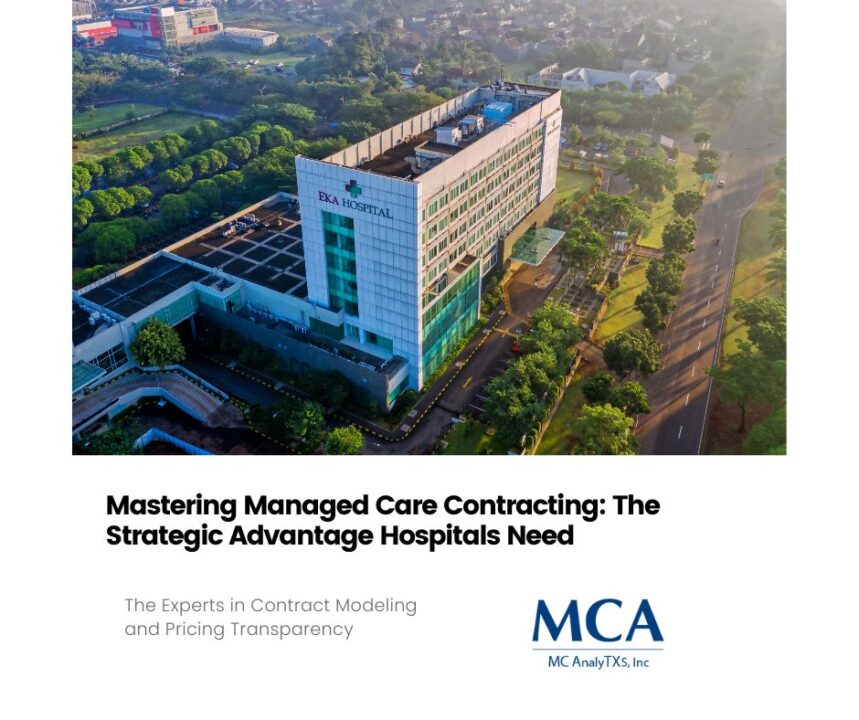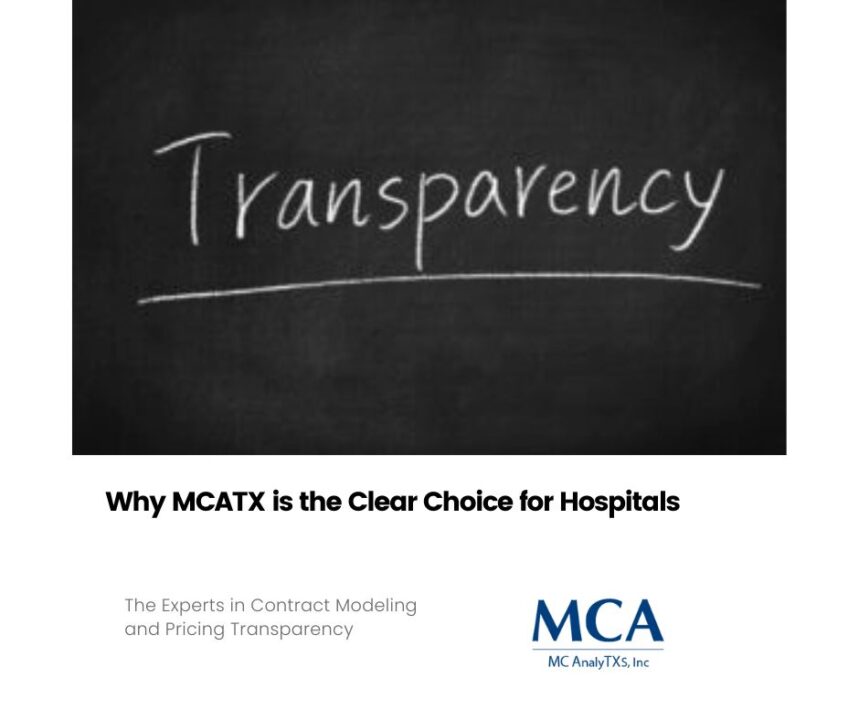
The Growing Need for Behavioral Health Services
February 14, 2023
How to Transform Your Revenue Cycle Process
February 21, 2023Hospital CEOs have a lot of decisions to make every day. From managing staff and budgets to deal with complex regulations, there is always something that needs attention. But one of the biggest challenges facing hospital CEOs today is how to adapt their operations for a new world in which patient expectations drive care delivery.
Here’s what you need to know about this issue.
The Emergence of Consumerism in Healthcare
The healthcare industry is undergoing an unprecedented transformation, driven largely by the emergence of consumerism in healthcare. Patient expectations are on the rise as they become more informed and empowered with technology, demanding better care experiences and greater transparency from their providers. To meet these demands, hospitals must focus on delivering value-based care while finding ways to improve efficiency and reduce costs.
This shift towards value-based care has put significant pressure on hospital CEOs to make difficult decisions regarding staffing, technology, and other resources. It’s no longer enough to hire more people or invest in new equipment; instead, hospital CEOs must take a holistic approach that takes into account all aspects of the organization’s operations. That means looking at everything from patient satisfaction scores to revenue cycle management and beyond in order to create an efficient, cost-effective system that meets patient expectations and delivers quality care outcomes.
Adapting for Value-Based Care
In order for hospitals to successfully adapt to value-based care, it’s essential that CEOs focus on creating an agile organization that can quickly respond to changing market conditions and patient preferences. This means investing in technology such as data analytics platforms that can help identify areas where improvements are needed and empower staff with the tools they need to deliver better care experiences at lower costs. It also means creating new processes such as performance measurement systems that allow hospitals to track progress towards their goals and adjust course if necessary. Finally, it means engaging with patients directly through digital channels such as email or text messages in order to build trust and provide personalized service throughout the entire patient journey.
Hospital CEOs have a lot on their plate when managing their organizations during this time of rapid change in healthcare delivery models. The greatest challenge they face today is how best to adapt their operations for a new world in which patient expectations drive care delivery—and doing so requires taking a holistic approach across all aspects of their organizations from staffing decisions through revenue cycle management all the way down to individual patient interactions through digital channels like email or text message. By investing both time and resources into creating an agile organization that can respond quickly and effectively to meet changing market conditions, hospital CEOs can ensure their facilities continue providing high-quality care at lower costs for years into the future.





